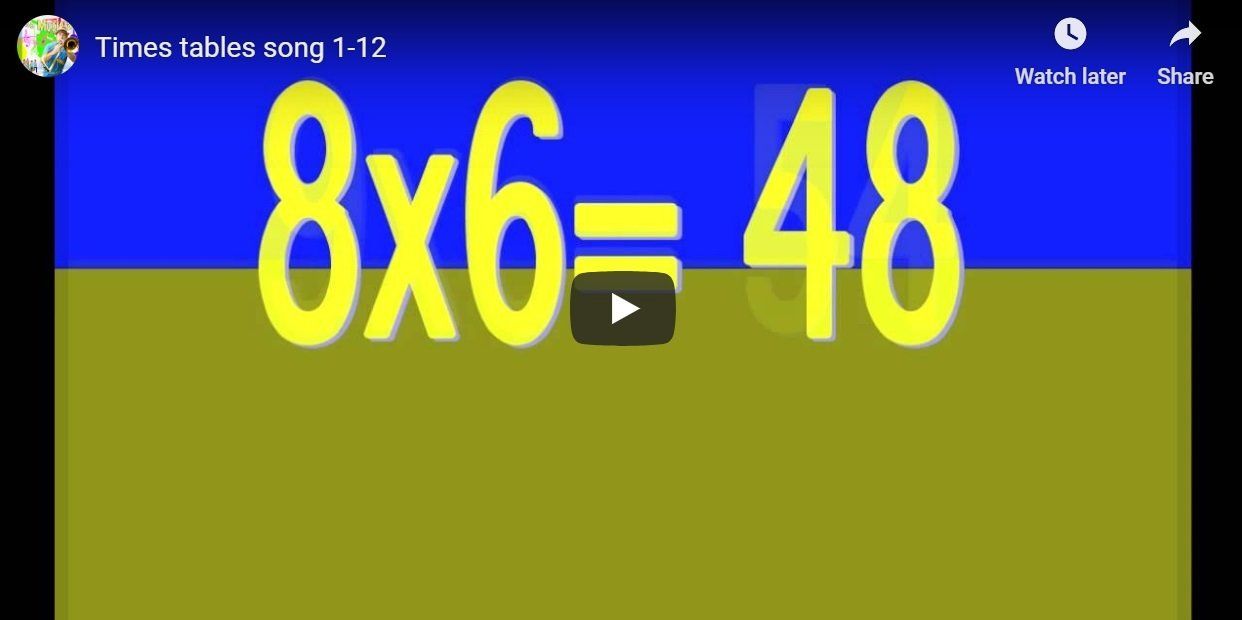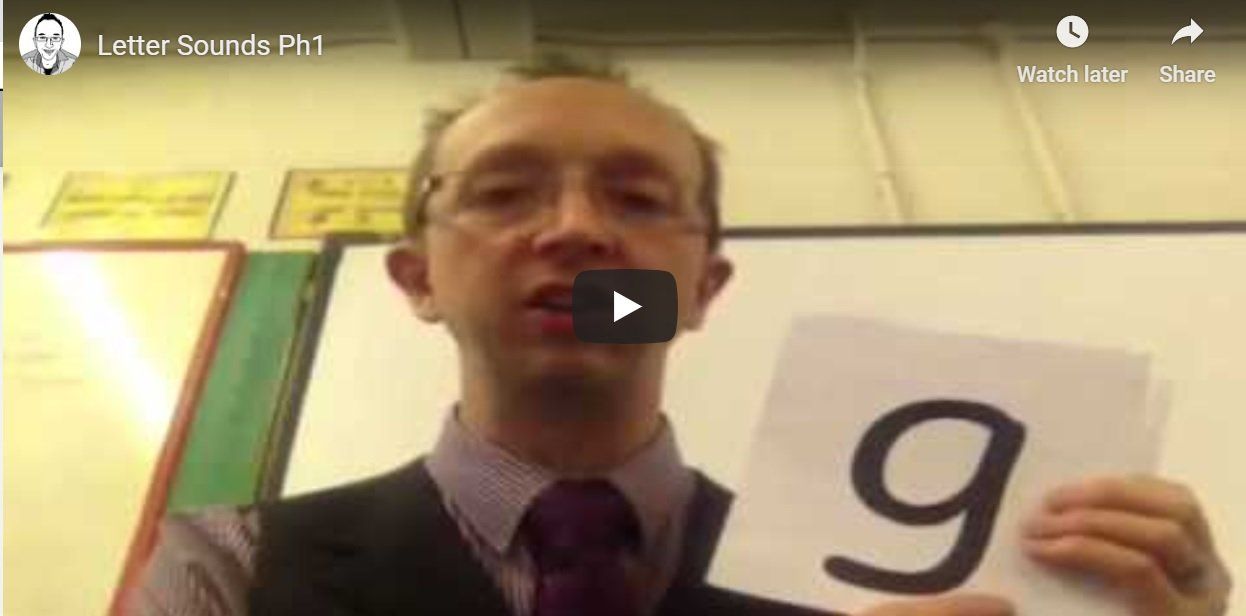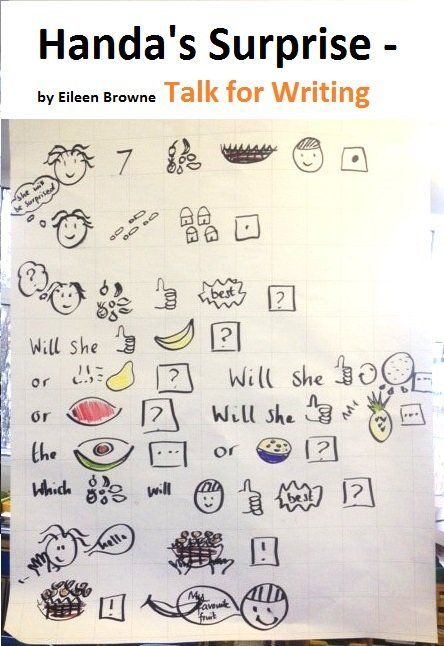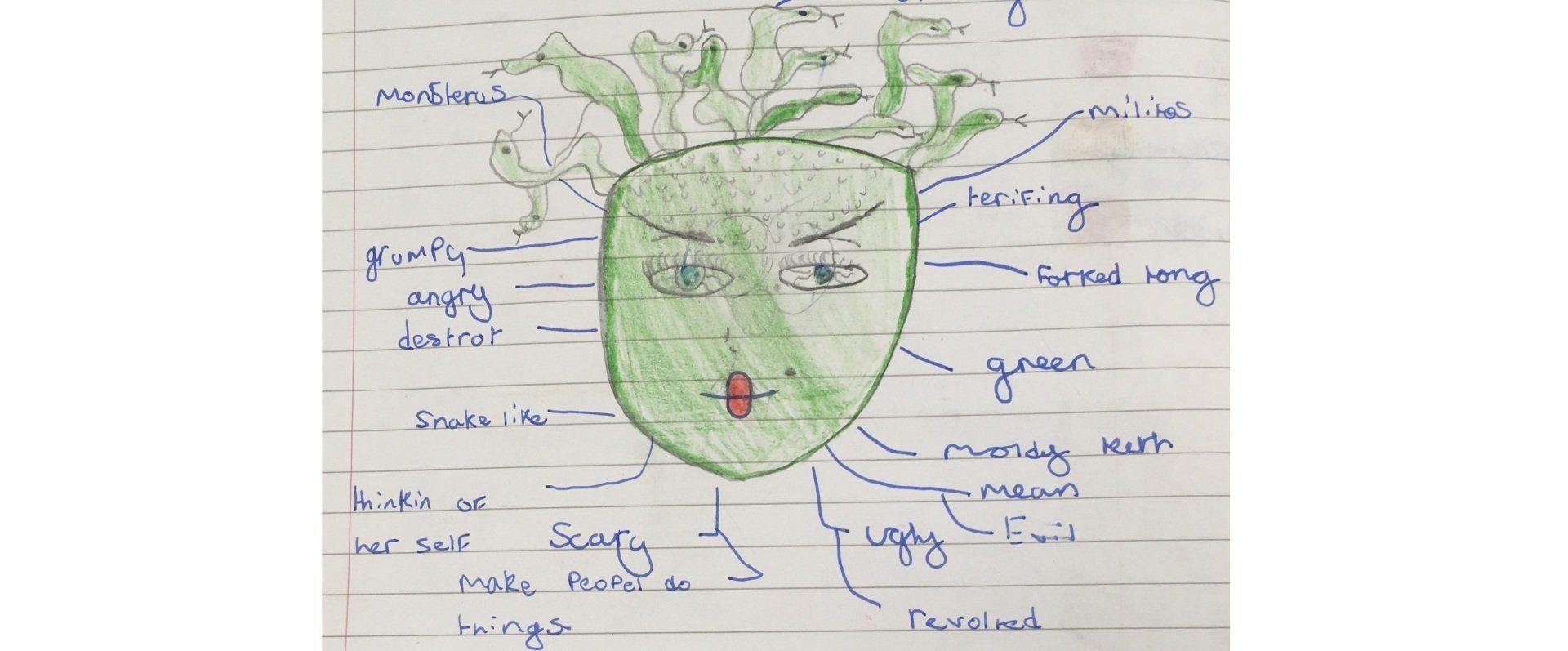Speech, Language and Communication Needs (SLCN)
- by James D. Lewis
- •
- 10 Jan, 2018

A description of SLCN needs
- Speech - relates to creating speech sounds fluently and clearly with clarity.
- Language - relates to linking words to form sentences, understanding what is heard and talking in response or to initiate conversations and interpreting stories. Language also involves cognitively understanding what other people are saying and verbally explaining your own thoughts through using the correct words.
- Communication - relates to interacting with other people. It can be through verbal means or Makaton/Sign Language/PECS/Braile etc. Interpreting non-verbal gestures, facial expressions in addition enables a person to understand the viewpoint of others.
It is useful to note that if a child is working below age related levels in the past they may have been described as being "delayed" in this area. Currently they are described as having DLD (Developmental Language Disorder). The emphasis is now to pro-actively target the specific area of need though targeted intervention, rather than assume that more pre-tutoring will eventually overcome the "delay" to eventually obtain age related levels.
The Attention Pyramid
This describes the requirement of Listening and Attention with appropriate Play and Interaction as a fundamental basic requirement. The foundations involve the ability to listen and attend, share and turn take through play. This is parents focus upon this area from birth, furthermore within nursery and reception class settings.
The next level up leads to Receptive Language and Understanding - conceptualising words, interpreting their meaning.
This leads to the child engaging with Spoken Language - using all prior skills to focus.
The top of the pyramid is the adoption of Speech.
It is interesting to note that if any of the prerequisite skills prior to speech are missing or not fully formed, speech and further academic learning will be compromised. The mitigating circumstances of congenital medical issues or the excessive use of tablets/television or "passive" video games at a young age by pre-school aged children will lessen the time a child could be engaged in learning the perseverance, turn taking, listening and co-operative "learning to learn" skills necessary to engage in formal educational progress.
Bringing it all together:
James D. Lewis is an educational leader working towards/seeking a deputy head-teacher post in North Birmingham, UK
www.sencolewis.co.uk










